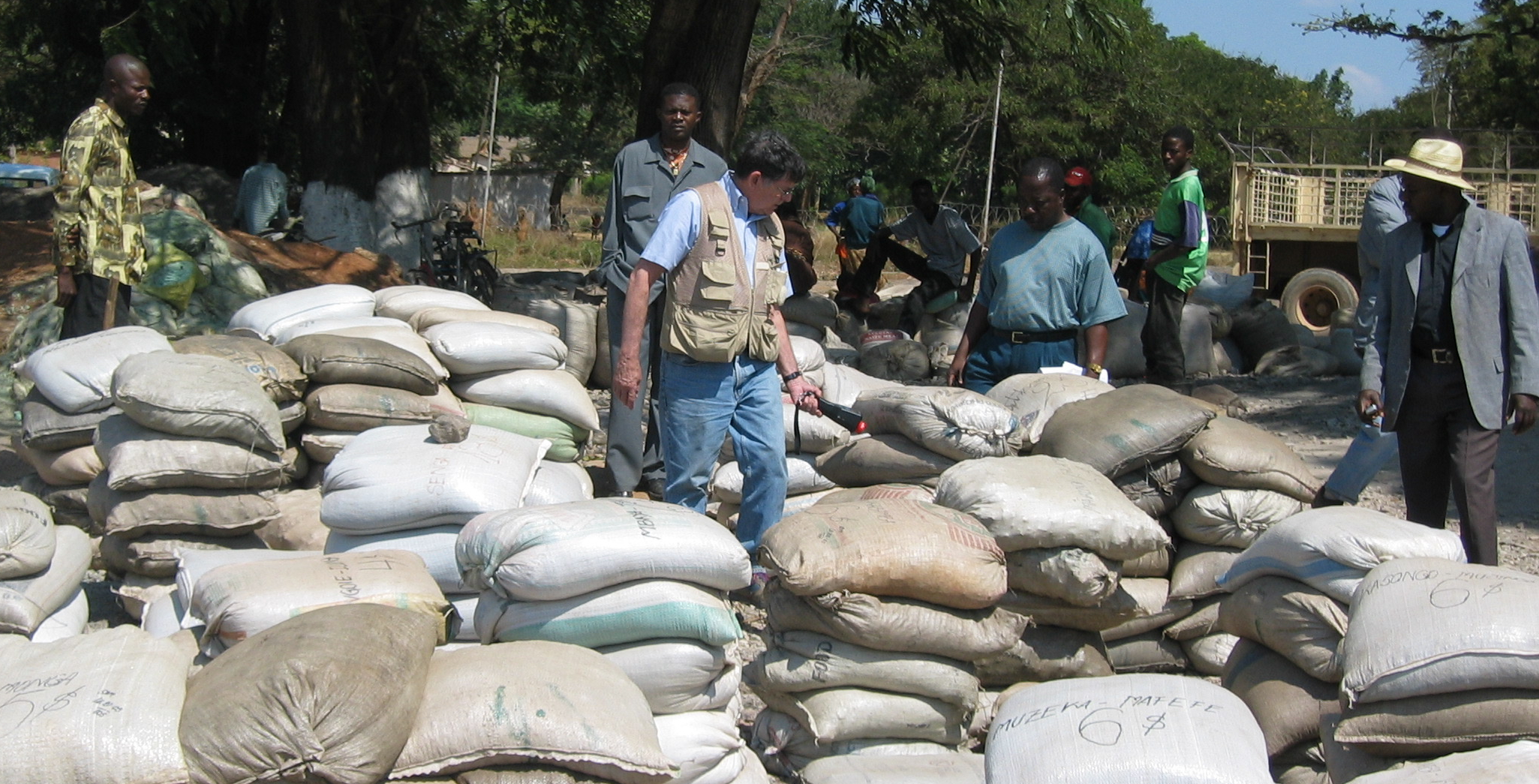The virtual seminar will be held from 12:30 - 2 (E.T.)
Most nuclear arms-control, disarmament and non-proliferation verification tasks are simple and routine. But every so often, important cases emerge that challenge established practices and set new precedents. Based on first-hand experience in South Africa, Iraq, and Libya, this talk revisits verification and inspection efforts in response to the clandestine nuclear weapon programs in these countries. While each case was successfully resolved, they presented different challenges in terms of mandates and field approaches, and required different time scales and efforts to complete. This suggests caution about generalizing verification lessons from past experiences to future cases that will present themselves for resolution.
About the speaker: Robert Kelley spent 35 years in the US Department of Energy nuclear weapons complex. He worked in research and engineering before turning to information analysis in the 1980s. He was also seconded to the International Atomic Energy Agency where he served in support of inspections in Iraq, South Africa, Libya, and elsewhere, including as a Director of the nuclear inspections in Iraq in 1992 and in 2001.
